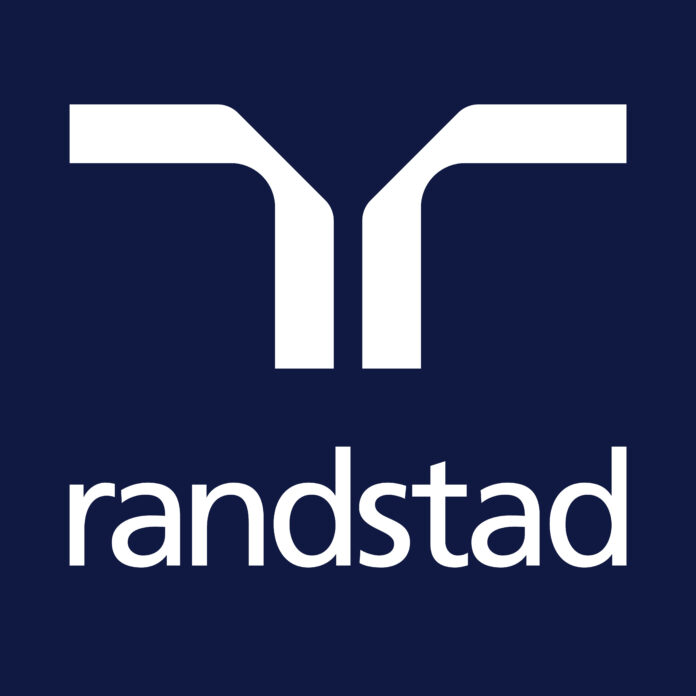This is part of a full tender series, where we look into how you can bolster your tender answers to position yourself in the best way possible for buying organisations and Tier One Contractors. The other articles in this series are below:
- Winning Green: Ace Your Bids & Tenders with Strong Sustainability answers
- Winning Hearts and Contracts: Mastering Social Value & CSR in Bids and Tenders
- Laying Down the Tracks: Operational Excellence in Rail Infrastructure Tenders Through Robust Evidence
- Laying the Right Tracks: Optimising Your Rail Tender Answers for Full Marks
- Powering Ahead: Using Innovation and Digitalisation to Ace Your Rail Tender
This article is part of a series of posts that look at points to consider when compiling tender answers – working as a list of important aspects for rail industry PQQs and ITTs, as well as securing works through procurement checks. Last week, we looked at what you should consider for any question around sustainability. This week, we look at social value.
In today’s competitive landscape, simply offering what you do and at a competitive price isn’t enough. Rail industry buying organisations are demanding more. They want to see tangible social value and robust Corporate Social Responsibility (CSR) commitments. That’s where your bid and tender responses need to shine. But how do you effectively articulate your social impact and CSR credentials? Let’s look at some key tips:
1. Understand the Client’s Priorities:
- Research, Research, Research: Don’t just regurgitate generic CSR statements – many times businesses search for statements and strategies online and change the name to suit. But that is not going to win you work. Delve into the client’s social value policy, strategic documents, and local needs. What are their specific priorities? Are they focused on reducing unemployment, supporting local SMEs, promoting environmental sustainability, or improving community wellbeing? Network Rail, in particular, are quite prescriptive about their aims in this area, and when developing your strategy, you need to consider how this aligns.
- Tailor Your Response: Align your proposed social value initiatives and CSR activities with the client’s identified needs. This demonstrates a genuine understanding and commitment. But do this when you’ve identified where you want to win work to build your strategy – not at the point of tender submission. You need to action and implement these initiatives to generate tangible results and evidence what you have done.
2. Quantify and Qualify Your Impact:
- Numbers Matter: Don’t just say you’ll “make a difference.” Provide concrete, measurable targets and have evidence to back it up. How many jobs will you create? How have your waste initiatives benefitted the local community? What percentage of your supply chain will be local? With your supply chain, think beyond labour provision, this is inclusive of materials too.
- Tell a Story: Back up your numbers with compelling narratives. Showcase past successes and demonstrate the positive impact you’ve already made. Use case studies, testimonials, and data to bring your social value proposition to life. Third party endorsements are key
- Use the Social Value Act Framework: Familiarise yourself with the principles of the Social Value Act (in the UK) or similar frameworks in other regions. This will help you structure your response and ensure you’re addressing the key areas.
- Use the RSSB Social Value Tool: This is widely becoming a measurement of success in rail – using tools like this or even similar to this go a long way to demonstrating your commitment.
3. Integrate Social Value and CSR into Your Core Delivery:
- Don’t Treat it as an Add-On: Social value and CSR should be woven into the fabric of your project delivery. Show how your proposed activities will create social benefits throughout the contract lifecycle. This is not a tick box exercise and isn’t limited to charity donations.
- Demonstrate Long-Term Commitment: Go beyond short-term initiatives. Outline your long-term vision for social value and CSR and demonstrate how you’ll sustain your efforts beyond the contract period.
- Supply Chain Engagement: Highlight how you’ll engage your supply chain to maximise social value. Encourage your suppliers to adopt sustainable practices and support local communities and have tangible evidence to back this up.
4. Be Authentic and Transparent:
- Avoid “Greenwashing”: Don’t make unsubstantiated claims about your social or environmental impact. Be honest and transparent about your achievements and challenges – backed up with evidence.
- Demonstrate Accountability: Outline your monitoring and evaluation processes. How will you track your progress and measure your impact? How will you ensure accountability? Employing a Social Value Champion within your business supports this.
- Show Genuine Passion: Let your passion for social value shine through. Clients can spot insincerity a mile away. Demonstrate a genuine commitment to making a positive difference. Using your own social media profiles to demonstrate this too is great in conveying that passion.
Key areas to think about when writing your social value and CSR answers:
- Environmental Sustainability: Reducing carbon emissions, waste reduction, promoting biodiversity.
- Economic Growth: Creating jobs, supporting local businesses, promoting skills development.
- Social Wellbeing: Improving health and wellbeing, promoting equality and diversity, tackling social exclusion.
- Innovation: Promoting new technologies and approaches that deliver social value.
Social Value is now an essential component of a bid, but if you treat it as a tick box exercise, that will be clear in your answers. Developing a strategy and demonstrating results are key to getting you the marks you need to work with buying organisations. But remember, it’s not just about winning contracts; it’s about making a real difference in the communities you serve.




